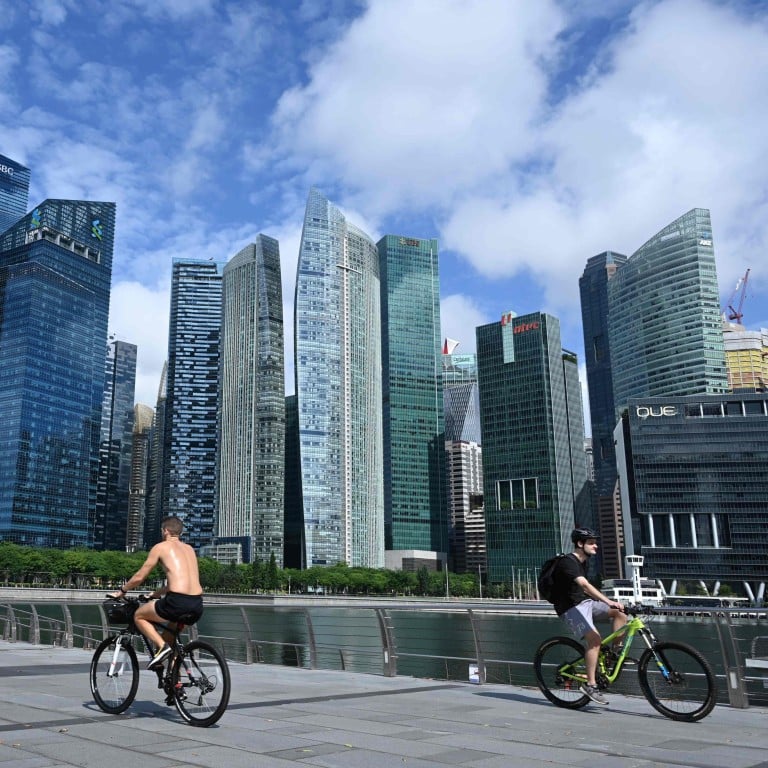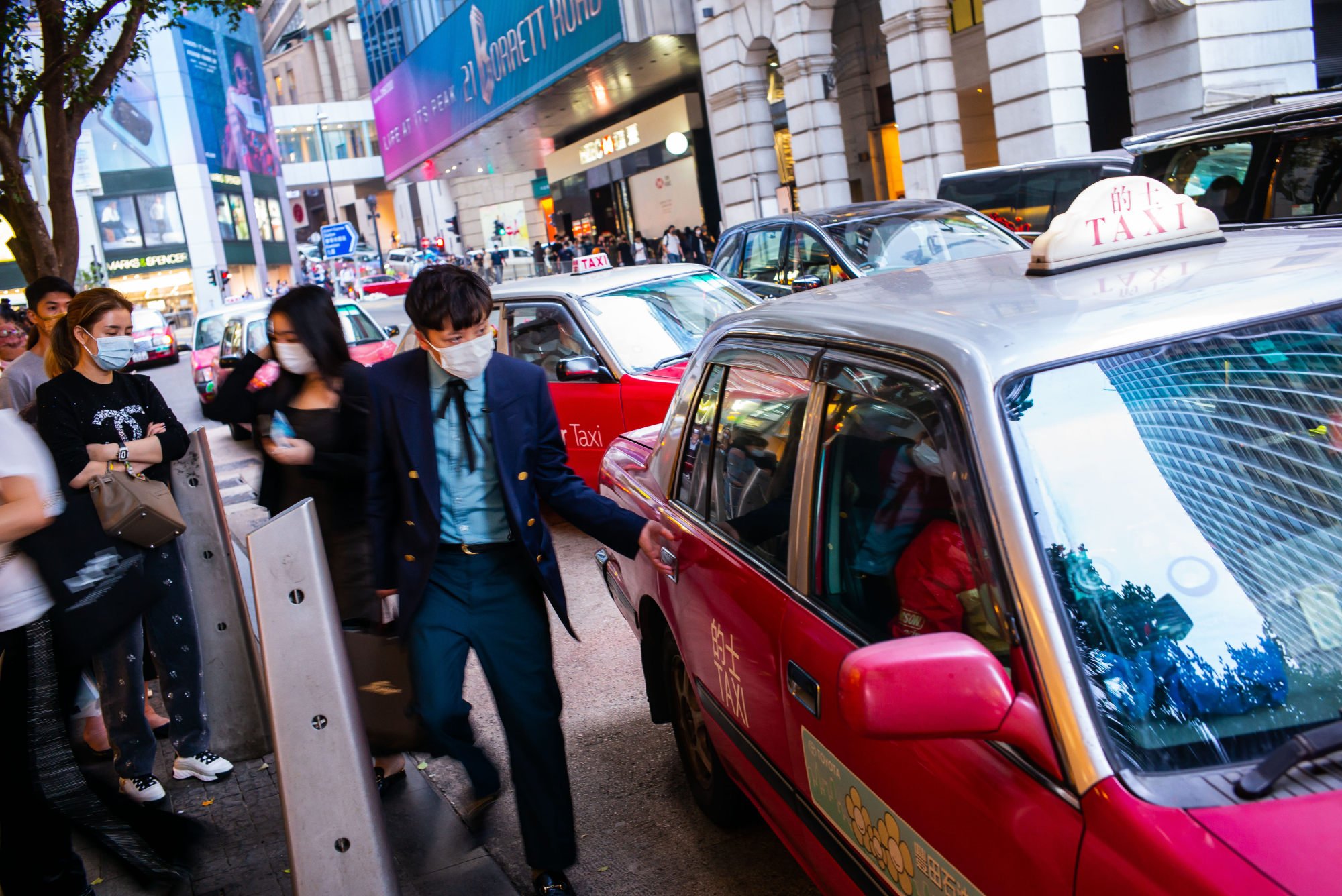
As Singapore becomes the world’s second-most expensive city, what happened to Hong Kong?
- The Economist Intelligence Unit (EIU) Worldwide Cost of Living 2021 report put Tel Aviv in top spot, with Singapore and Paris in joint second place
- Hong Kong was ranked fifth this year as prices of clothing and personal care, including haircuts, dipped
Hong Kong is no longer the most expensive city in the world to live in, according to rankings released by The Economist Intelligence Unit (EIU) on Wednesday, losing the top spot to Tel Aviv, as cities clocked the highest inflation rate in five years.
The Israeli city climbed four places to top the rankings for the first time on the back of a stronger currency and hikes in grocery and car prices. Hong Kong was ranked fifth this year as prices of clothing and personal care, including haircuts, dipped.
Meanwhile, Singapore rose by two spots to clinch joint second place with Paris, while Zurich came in fourth. New York, Geneva, Copenhagen, Los Angeles and Osaka took the remaining top 10 spots.
The Worldwide Cost of Living 2021 report compared 173 cities using the prices of some 200 products including food, clothing, household supplies, home rents, transport and recreation.
Hong Kong housing chief’s new take on cutting wait time for flats
The report noted that data was collected between August and September this year, when freight rates and oil prices were rocketing, resulting in higher prices for goods.
Upasana Dutt, head of Worldwide Cost of Living at EIU, said that although most economies around the world are now recovering from the coronavirus pandemic with expansive vaccination programmes, many major cities are still seeing a resurgence in infections, prompting authorities to reimpose curbs.
“These have disrupted the supply of goods, leading to shortages and higher prices,” she said. Fluctuating consumer demand has also influenced purchasing habits and investor confidence has affected currencies, further fuelling price rises.
On average, the price of goods and services rose by 3.5 per cent this year, reaching a five-year high, up from 1.9 per cent last year. The inflation rate was at about 2.8 per cent in 2019.
Transport costs saw the biggest price increase, with unleaded petrol jumping by 21 per cent. Hong Kong remained the most expensive city in which to buy petrol, with one litre of unleaded petrol selling for US$2.50.

The report said that the top spots this year were largely occupied by European and developed Asian cities, while those in China remain relatively moderately priced. The top three Chinese cities in this year’s rankings are Shanghai (19), Shenzhen (22), and Beijing (36), with all of them rising a few places compared to last year.
Most cities in the United States fell in the rankings after the government injected more money into the economy as part of its Covid-19 stimulus packages, holding down the value of the US dollar compared with other currencies.
EIU’s Dutt said that while the cost of living would rise further in the coming year as wages expand in many sectors, central banks are also expected to raise interest rates to stem inflation. This means that price hikes should begin moderating from this year.
Amid Covid-19, Hong Kong still ranked the most expensive city on earth
The report forecast that global consumer price inflation would average about 4.3 per cent in 2022. The cost of living in most major economies would stabilise if supply chain disruptions die down and lockdowns ease, it said.
But the Omicron coronavirus strain, which was recently classified as a “variant of concern” by the World Health Organization, could throw a spanner in the works. Dutt said there are indications that the new variant may be far more transmissible and virulent than the Delta variant and it could spread rapidly across the globe at a time when some regions are still struggling with the impact of the older variants.
“This would not only lead to the reimposition of even harsher restrictions on travel and activity, but we would expect the global spike in inflation to then last longer than currently expected,” she said.

